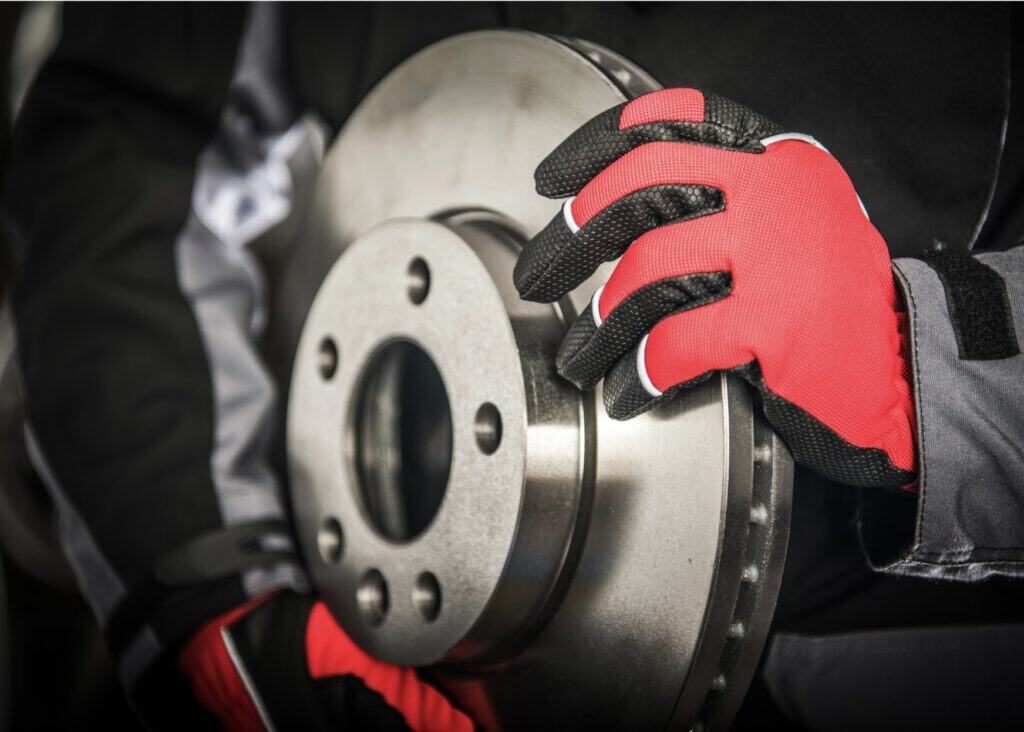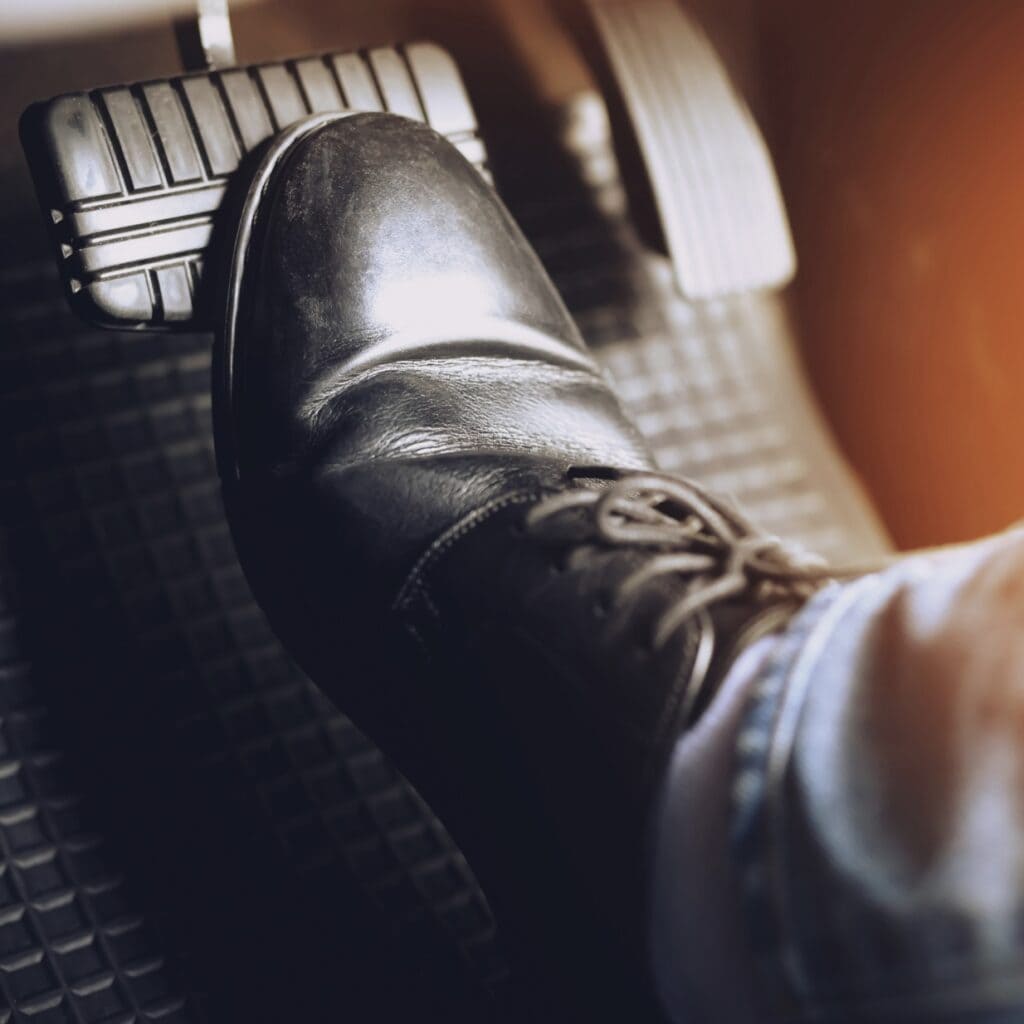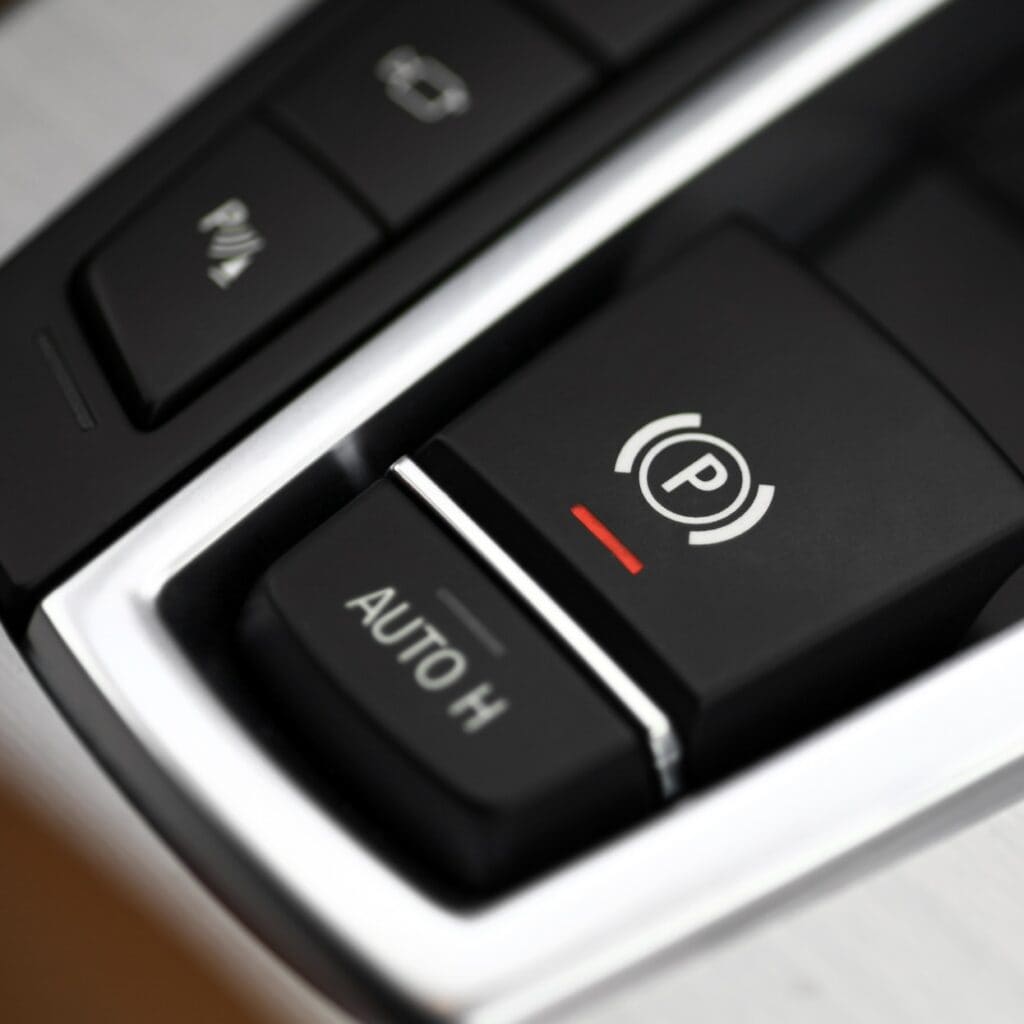How to Tell if You Need New Brakes, Part 1
 Brakes are something we don’t typically think about unless there’s a problem with them. But how do you know if something’s wrong? This is a question we get asked a lot at our auto repair shop here in Madison — and since brakes are such an important component of keeping your vehicle functioning safely, we’re sharing this two-part series that highlights the top eight reasons why you might need new brakes.
Brakes are something we don’t typically think about unless there’s a problem with them. But how do you know if something’s wrong? This is a question we get asked a lot at our auto repair shop here in Madison — and since brakes are such an important component of keeping your vehicle functioning safely, we’re sharing this two-part series that highlights the top eight reasons why you might need new brakes.
Let’s dive into Part 1 …
Signs You May Need New Brakes
1. You Hear Grinding or High-Pitched Screeching
If you hear one or both of these sounds your brakes may be worn thin. These are the sounds that can occur when the built-in wear indicator comes into contact with a rotor, indicating the brake pad thickness has reached a critically low level.
That said, high-pitched screeching doesn’t mean your brakes have stopped functioning properly, it’s just a built-in safeguard that lets you know to get them checked out (and often replaced).
 2. Feel the Brake Pedal Vibration
2. Feel the Brake Pedal Vibration
Feeling vibrations throughout your car is another indicator of possible brake issues. When brakes are working properly, they stop your car smoothly.
It’s when brake pads are worn down — or rotors are warped — that vibrations occur. Another indicator is a shaking steering wheel while actively braking.
3. A Spongy Feeling
If your brake pedal starts to feel different, typically spongy or “low,” and takes greater effort to stop the vehicle, the brake system may have a problem. Get it diagnosed ASAP.
 4. Your Parking Brake is Sensitive
4. Your Parking Brake is Sensitive
If you’ve ever applied a parking brake, you know the torque-like resistance it provides when you apply the brake.
If you apply your parking brake and feel little to no resistance (almost like an overused rubber band), you may need an adjustment, or in some cases repair. If you have a modern parking brake, which is typically a button, it becomes more difficult to test the functionality of it yourself.
This brings us to the end of Part 1 of our series. In Part 2, we’ll be covering more signs you might need to have your brakes looked at including car veering, leaking fluid, and visible signs of wear.
Get in Touch
In the meantime, if you have questions about brakes, or anything else, feel free to contact us anytime! You can also schedule a service online by clicking on the “Request Appointment” button in the navigation above.